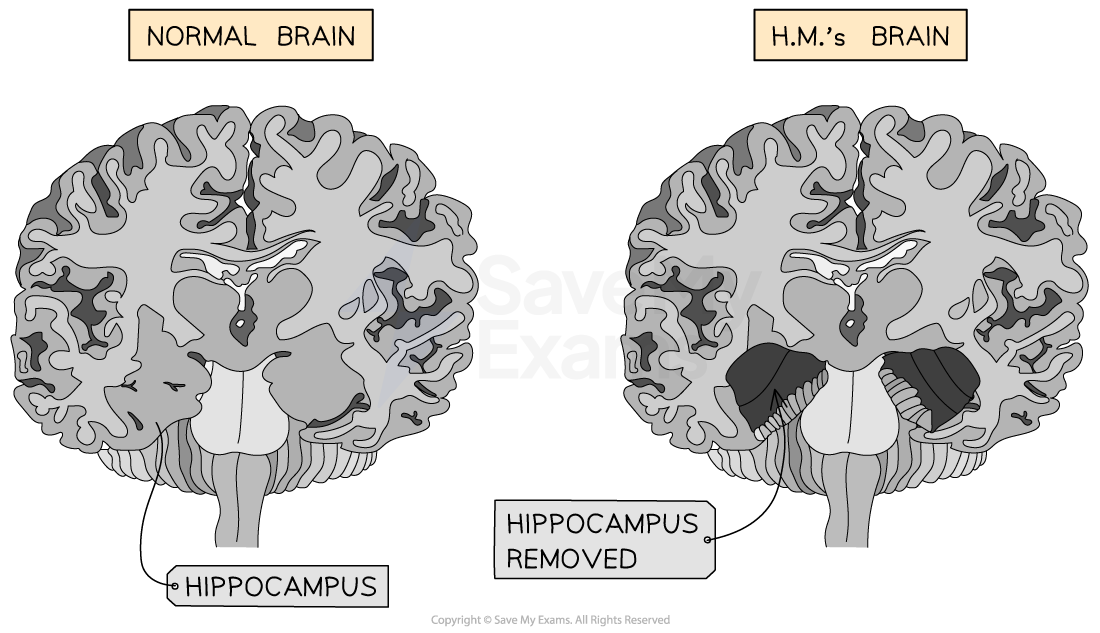Nomothetic
What is the essence of this debate?
- This debate weighs up the relative merits of studying people in general (nomothetic) or the individual (idiographic)
- A nomothetic approach seeks to apply general laws of behaviour
- An idiographic approach seeks to understand the subjective experience of the individual

Should psychology concern itself with the uniqueness of the individual or with a generalised understanding of behaviour?
The nomothetic approach
- The aim of nomothetic research is to investigate groups of people in order to be able to generalise findings
- Nomothetic research tends to favour scientific methods such as lab experiments which involve high levels of control
- Nomothetic research aims to use large sample sizes so as to generate robust quantitative data which is able to withstand statistical analysis
- Research such as Eysenck’s personality scale (1976) is nomothetic as it uses dimensions such as extrovert/introvert to measure personality which have been derived from a standardised questionnaire and which can be replicated in high numbers
- Adriaanse et al. (2011) found that restraint eating was a predictor for the consumption of unhealthy snacks which is nomothetic as the research used a group of 469 participants rather than one individual

The individual reasons behind something like snack choice are lost in nomothetic research
Arguments for a nomothetic approach
- Being able to generalise laws of behaviour and compare groups of people is useful in predicting behaviour e.g. a questionnaire on post-natal depression can help to identify women who may be in need of medication and/or counselling
- Nomothetic research which applies statistical methods to test findings have enabled psychologists to identify what the norm for specific behaviours are e.g. IQ, which in turn strengthens psychology’s claim to be considered a science
Arguments against a nomothetic approach
- The nomothetic approach can highlight the what of behaviour but not the why; a large data set cannot explain the subjective experience of the individual which may actually be more important and useful than a statistically significant result
- Samples in psychological research are not always large enough from which to generate laws of behaviour e.g. Milgram’s (1963) obedience study used only 40 (male) participants so it would be unwise to state that this sample and their behaviour in the study is at all generalisable
Exam Tip
Remember to fully utilise the studies you have covered for Papers 1, 2 and 3 when you are writing exam responses on Issues and Debates questions. You will probably have noticed that there are references to studies from across the three exam papers included in the Issues and Debates spec points on this resource.


